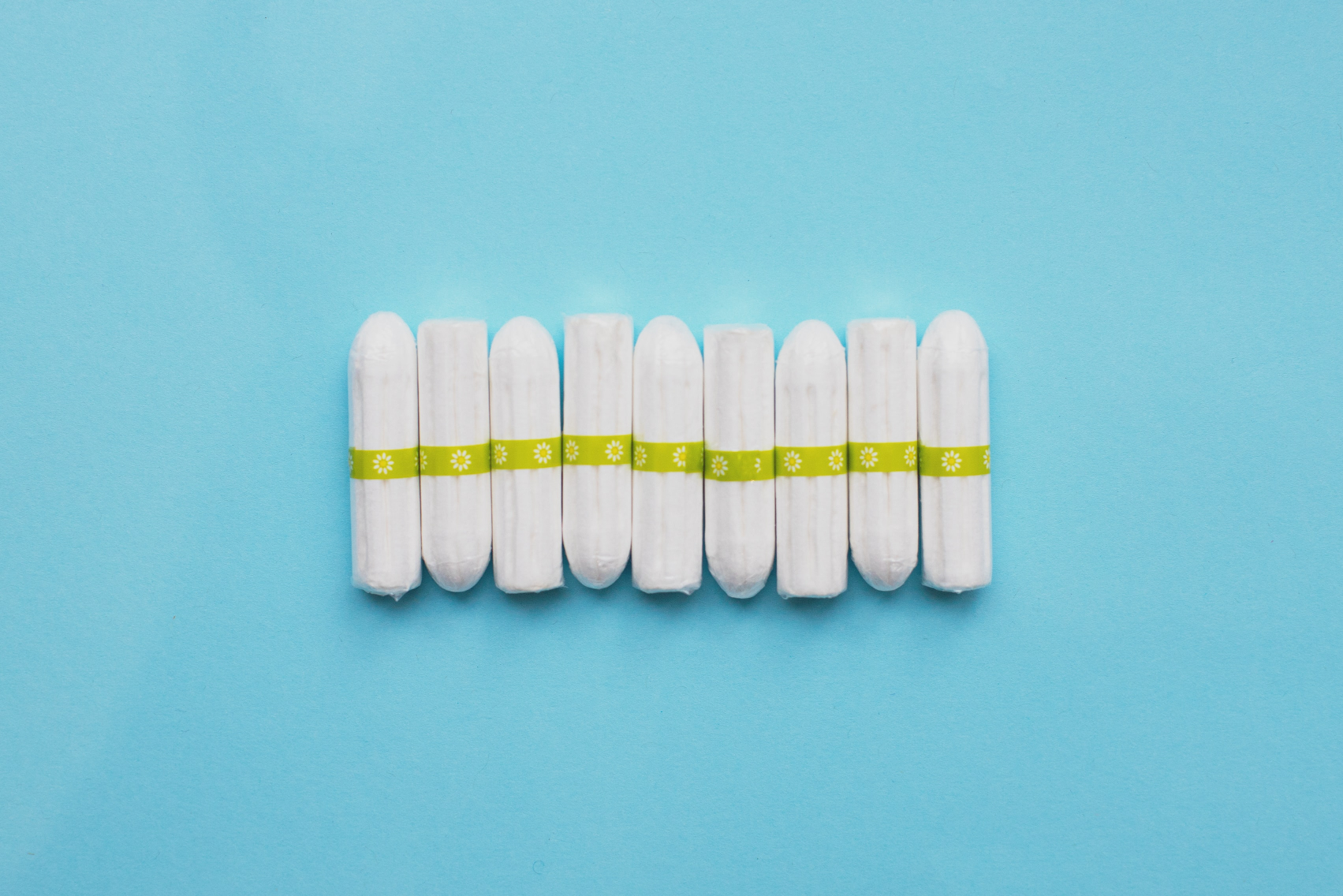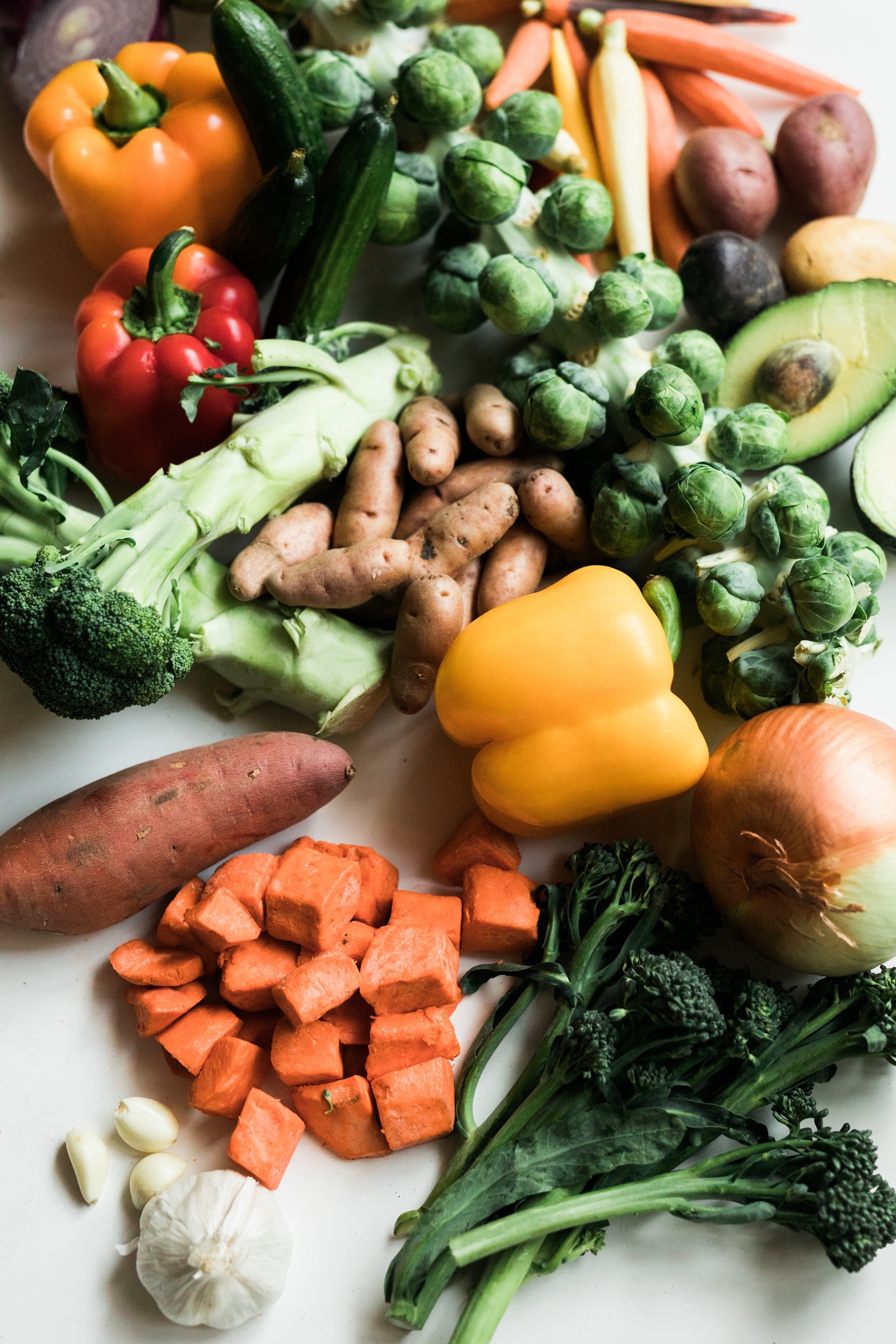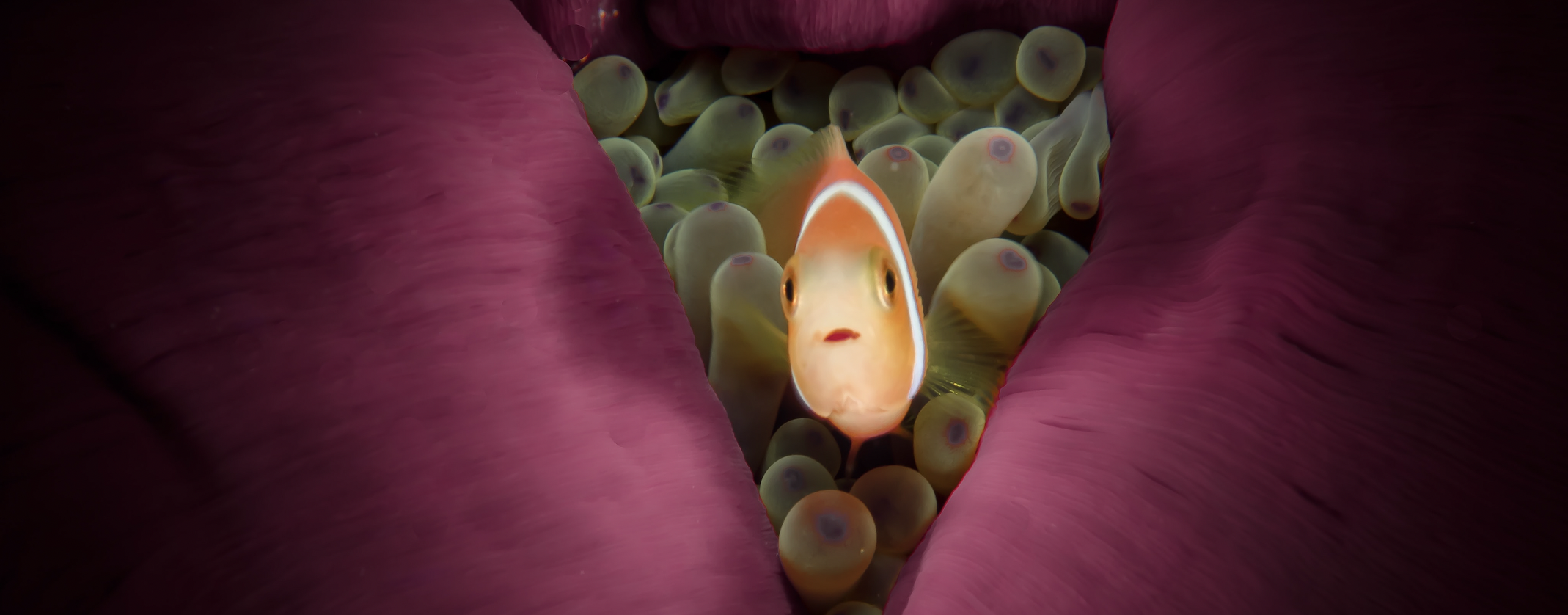

Knowledge
Age and Fertility: The Truth About Your Biological Clock
For many reasons, people today are having babies later than ever before. If you’re planning on having a family someday, you may be wondering how your age may impact your chances of conceiving. Is there an age cutoff for pregnancy? What’s the likelihood of getting pregnant in your 20s, 30s, and 40s? Can you preserve your fertility to have kids later in life? We answer all that and more in this article on age and fertility.
How is fertility affected by age?
Age is a major factor that helps to determine a couple’s chance to conceive and have a healthy baby. For women, age is actually the most important influence on fertility.
The reason for this is that baby girls are born with a set number of eggs in their ovaries which gradually declines with age. Eggs that get released by the ovaries through ovulation and don’t get fertilized dissolve back into the body.
But the majority of eggs go through a gradual degenerative process known as atresia. This happens to all women, all the time, whether you’re currently pregnant, taking birth control, or undergoing infertility treatment.
Not only does that quantity of eggs go down with each passing month, so does the quality, which increases the chance for miscarriage and stillbirth in older mothers.
Age and Fertility: What are the chances of conceiving naturally?
Female fertility begins when an adolescent gets her first period and ends about 5 to 10 years before menopause. The chances of conceiving per cycle are highest between the late teenage years and late 20s. But it’s still absolutely possible to get pregnant later.
According to the American College of Obstetricians and Gynecologists (ACOG), healthy couples in their early 20s through early 30s have around a 25% chance of getting pregnant each month. 35 is often talked about as the age when female fertility drops. While it’s true that fertility does begin declining more rapidly after the mid-thirties, you can still get pregnant after 35. By the time you reach 40, the ACOG states that the chances are around 10% per cycle.
It takes most couples longer than one cycle to conceive. So what do the pregnancy rates look like across one year for the different age groups?
A 2017 study published in the American Journal of Obstetrics and Gynecology looked into data from 2,962 couples with no history of infertility and found the following pregnancy rates per age group over 12 months:
- For couples aged 21-30: on average about 59% got pregnant after six cycles and 76% conceived after 12 cycles.
- For couples aged 31-36: on average 58% got pregnant after six cycles and 76% got pregnant after 12 cycles.
- For couples aged 37-39: on average 46% got pregnant after six cycles and around 67% after 12 cycles.
- For couples aged 40-45: on average about 28% got pregnant after six cycles and 55% conceived after 12 cycles.
After age 45, it’s unlikely for a woman to be able to get pregnant naturally.
How does age impact IVF success?
If conception isn’t happening naturally, some couples turn to assisted reproductive treatments such as IVF. This can help many people conceive, but it’s also important to note that age still plays an important role here, because of the decreasing quality and quantity of a woman’s eggs.
According to the NHS, the percentage of IVF treatments that resulted in a live birth in 2019 for couples who used the female partner’s eggs and male partner’s sperm was:
- 32% for women under 35
- 25% for women between 35 and 37
- 19% for women between 38 and 39
- 11% for women between 40 and 42
- 5% for women between 43 and 44
- 4% for women over 44
Some couples choose to use donor eggs to improve the chances of IVF success when the mother is older.
A man’s age also impacts the success of reproductive treatments: A 2019 study published by the European Society of Human Reproduction and Embryology found that IVF/ICSI success rates decline significantly for partners where the father is over 51.
The truth about age and male fertility
It’s a common misconception that women are the only ones with a “ticking biological clock”. But as evidenced by the aforementioned study, male fertility is also impacted by age, albeit not quite as drastically. When a man is in his early forties, sperm quality begins declining. Sperm morphology (shape) and motility (movement) change as a man’s testicles get smaller and softer with age.
This change in sperm quality reduces the chances of pregnancy and increases the amount of time it takes to conceive.
In addition, there’s a greater chance of miscarriage and fetal death. Children of fathers 40 or older are 5 times more likely to have autism than children of fathers who are 30 or younger. They may also have a slightly higher chance of developing mental health disorders. Nevertheless, there’s no set age limit for male fertility.
How does a woman’s age affect pregnancy?
Unfortunately, as the chances of conceiving go down after age 35, the risk of pregnancy complications goes up. This is due to the declining quality of a woman’s eggs with the passing years. Older women are more likely to have abnormal chromosomes in their eggs, meaning an egg may have too few or too many chromosomes. Chromosome abnormalities are the leading cause of miscarriage, and can also lead to health complications in the baby such as Down’s syndrome. There’s also a greater risk of stillbirth in pregnant women over 35.
Complications including gestational diabetes (diabetes that develops during pregnancy), placenta previa (when the placenta covers the cervix), preeclampsia (high blood pressure), and needing to give birth via C-section are all more common in older mothers.
How to boost your chances of getting pregnant after 35
After age, the next most important factor when it comes to fertility is your health. Did you know that smokers go into menopause about one year earlier than non-smokers? Besides avoiding tobacco, you can increase your chances of conceiving and having a healthy pregnancy after age 35 by eating a nutritious diet of fertility foods, getting regular exercise, and staying at a healthy weight.
If you’re planning on getting pregnant after 35, it’s a good idea to visit your doctor for a preconception checkup to talk about your health and personal risk factors for any complications during pregnancy. You can also book a coaching session with a LEVY fertility expert to go over your medical background and get a personalized action plan to help you conceive. Beyond that, check out our article: 9 Tips to Prepare for Pregnancy.
Can you preserve fertility?
More and more women are turning to egg freezing, AKA oocyte cryopreservation, in hopes of being able to have a baby later on in life. But the American Society of Reproductive Medicine and ACOG currently only endorse egg freezing for medical reasons, such as preserving fertility during cancer treatment.
If egg freezing is something you’re considering, keep in mind that it doesn’t guarantee pregnancy will be successful, and it’s a very costly process. In the U.S., one egg freezing cycle may be around $10,000, plus at least $600 per year to store your frozen eggs, and then the additional cost of IVF when you want to conceive. All in all, you’re looking at tens of thousands of dollars.
When creating your family planning timeline, keep this information in mind about how age impacts fertility. Doctors recommend seeking medical help if you’ve been trying unsuccessfully to conceive for one year, or for six months if you are over 35. By testing your fertility with LEVY Health, you’ll get concrete answers within just two weeks on why you’re not getting pregnant yet, and a tailored therapy plan to help you start your family. Plus, you’ll save valuable time and money on your TTC journey.
–
Sources:
Having a Baby After Age 35: How Aging Affects Pregnancy. American College of Obstetricians and Gynecologists. Accessed 22 June 2022.
Age and fertility. BetterHealth Channel from the Department of Health, State Government of Victoria, Australia. Accessed 22 June 2022.
Age and Fertility (booklet). ReproductiveFacts.org from the American Society for Reproductive Medicine. Accessed 22 June 2022.
Deatsman S et al.: Age and Fertility: A Study on Patient Awareness. JBRA Assist Reprod. 2016;20(3):99-106.
What’s the Best Age To Get Pregnant? Cleveland Clinic. Accessed 22 June 2022.
Bellieni C, M.D.: The Best Age for Pregnancy and Undue Pressures. J Family Reprod Health. 2016;10(3):104-107.
Wesselink, AK, MPH et al.: Age and fecundability in a North American preconception cohort study. Am J Obstet Gynecol. 2017;217(6):667.el-667.e8.
IVF Overview. NHS. Accessed 22 June 2022.
European Society of Human Reproduction and Embryology: Paternal age over 51 years reduces success rate in IVF and ICSI. ScienceDaily. 2019.
–
You might also like...

Female hormones: What you need to know about reproductive hormones, the menstrual cycle, and fertility
When you’re struggling with fertility, one of the first places to look is your hormones. Certain vital reproductive hormones are in charge...
Silvia Hecher
January 17, 2024

Fertility blood test: Why does it need to be cycle days 2-5?
When you test your fertility with LEVY, you will always check your basic reproductive hormone levels (including FSH, LH, TSH, Prolactin, Estradiol,...
Lena
September 8, 2022

Forms of amenorrhea and fertility
Not getting your period is a condition called amenorrhea. It’s important for fertility because not having a menstrual cycle with monthly ovulation...
Lena
January 18, 2022

Fertility Foods for Women to Help You Get Pregnant Faster
How you nourish your body is key not only when you have a baby in your belly, but also to help prepare...
Kayla
March 22, 2022

10 Reasons IVF can fail and What to Do Next
Why IVF fail: Although in-vitro fertilization (IVF) can help many people who weren’t able to conceive naturally have a child, there’s unfortunately...
Lena
March 2, 2023

Iron: The secret ingredient for fertility?
Getting your daily recommended amount of vitamins and minerals is key to getting pregnant and having a healthy pregnancy. So, how does...
Lena
November 30, 2022

6 Interesting Facts About Ovaries You Might Not Know
Women have two ovaries which are located on either side of the uterus. They’re around 3-5 cm long – about the size...
Kayla
April 20, 2022

What your AMH levels can tell you about fertility
FSH, LH, estrogen, progesterone… If you’re struggling to have a baby, you’re probably becoming an expert on all things hormones. AMH is...
Lena
August 25, 2022

What to expect when testing your fertility with LEVY
If you’ve been trying to conceive for a while, it’s totally normal to feel frustrated. Why hasn’t it happened for you yet,...
Kayla
February 3, 2022




